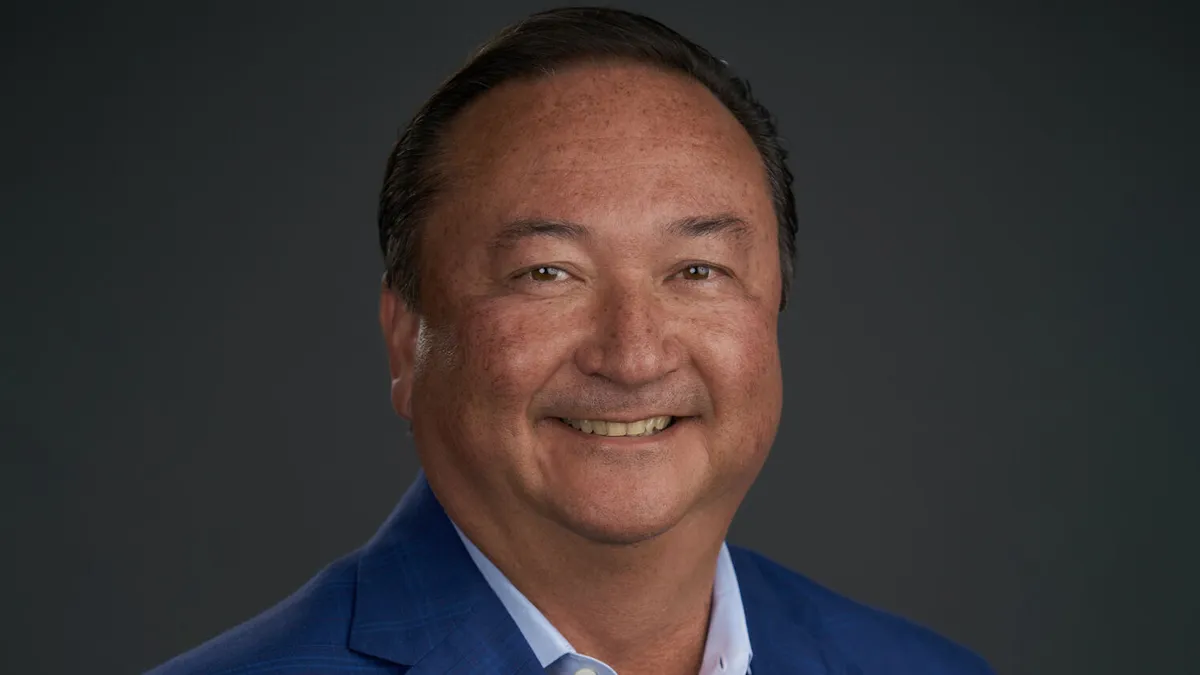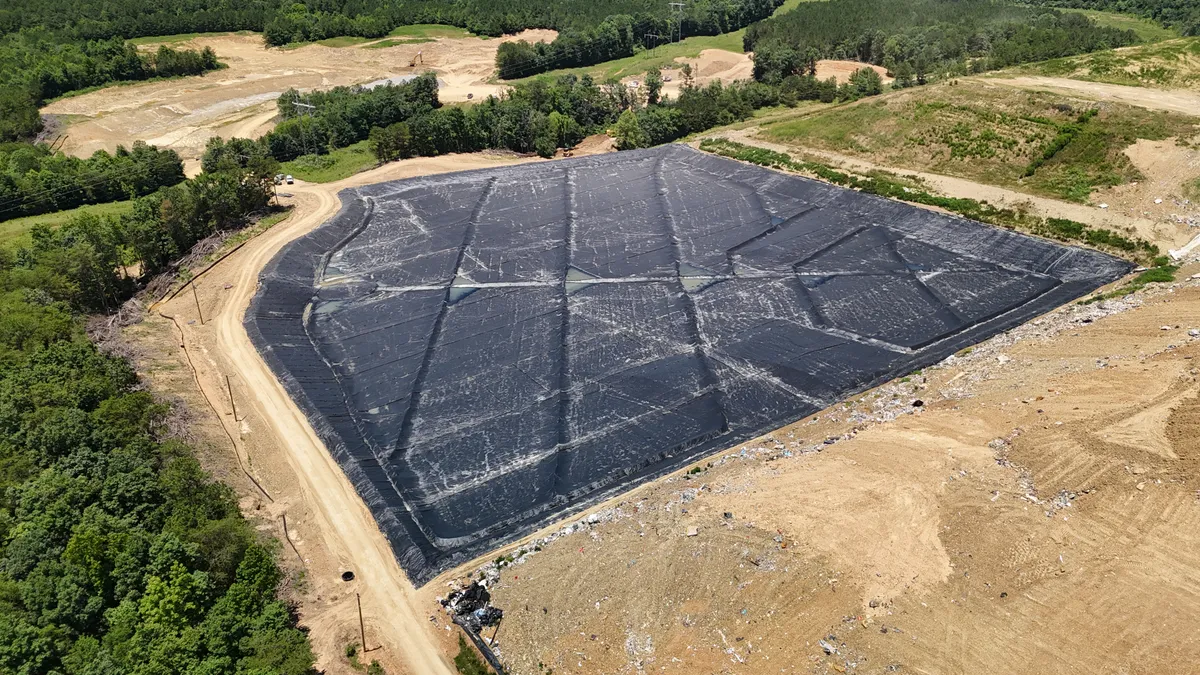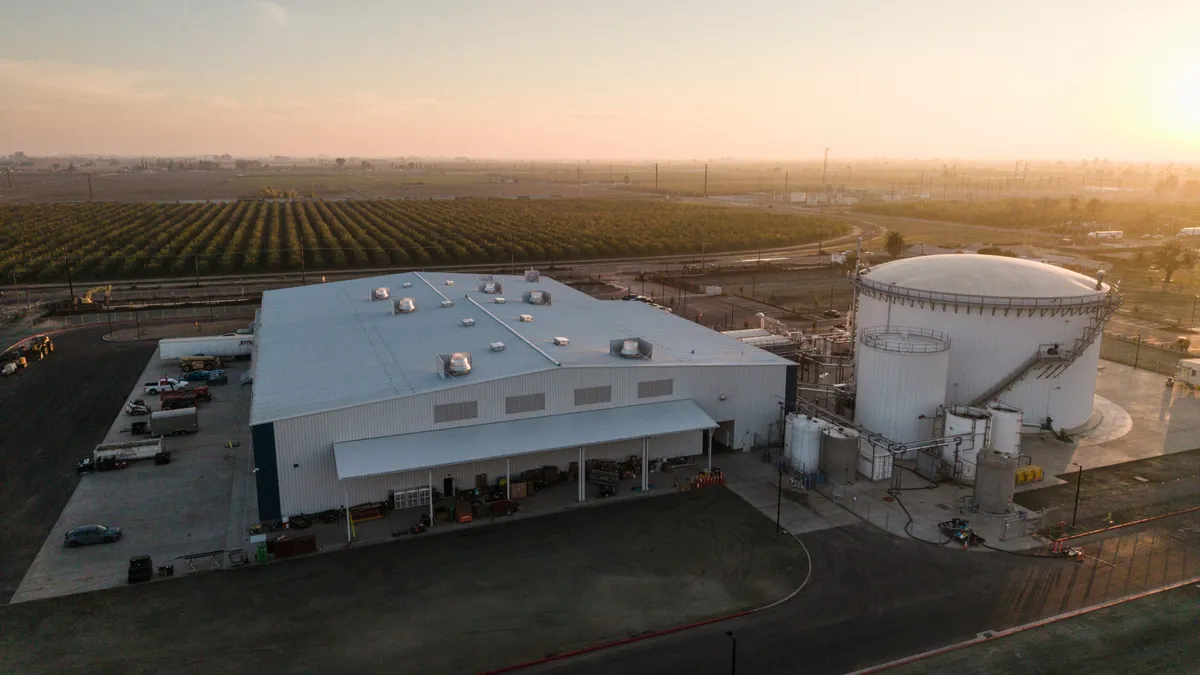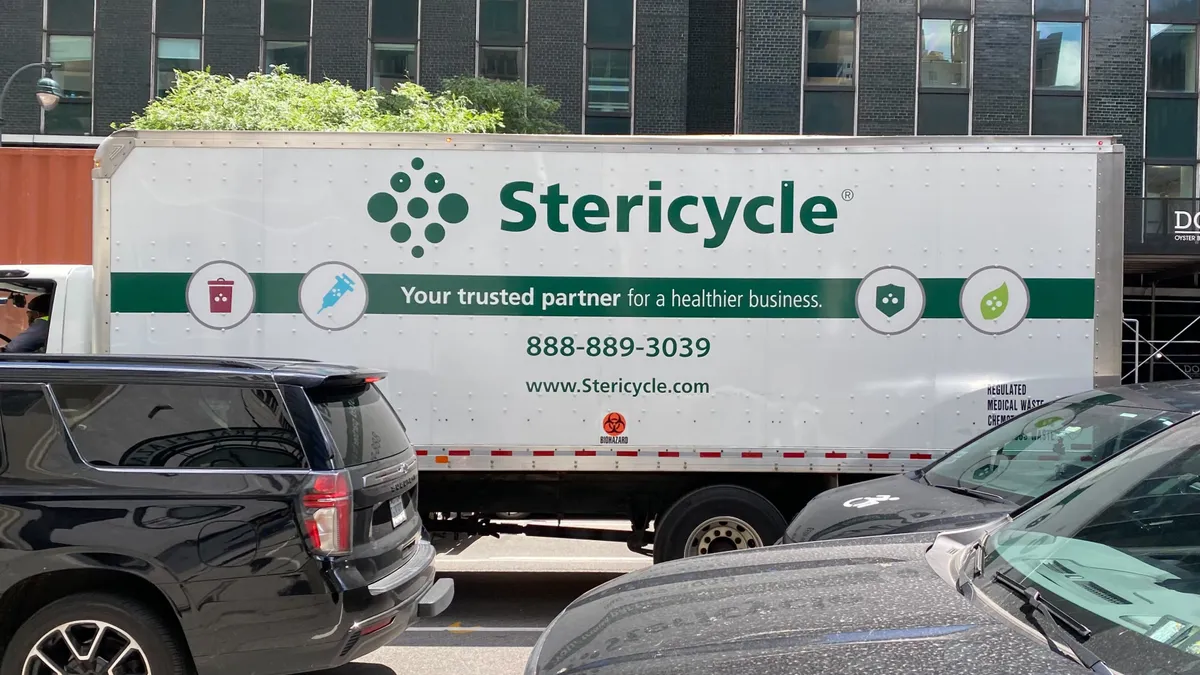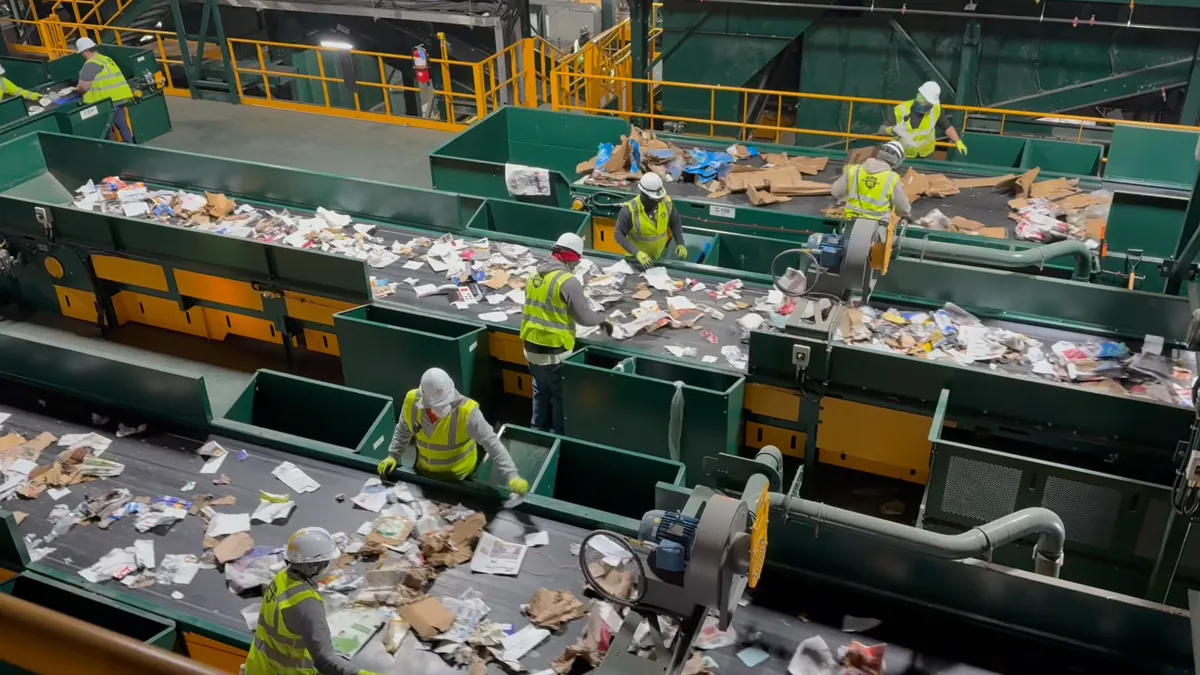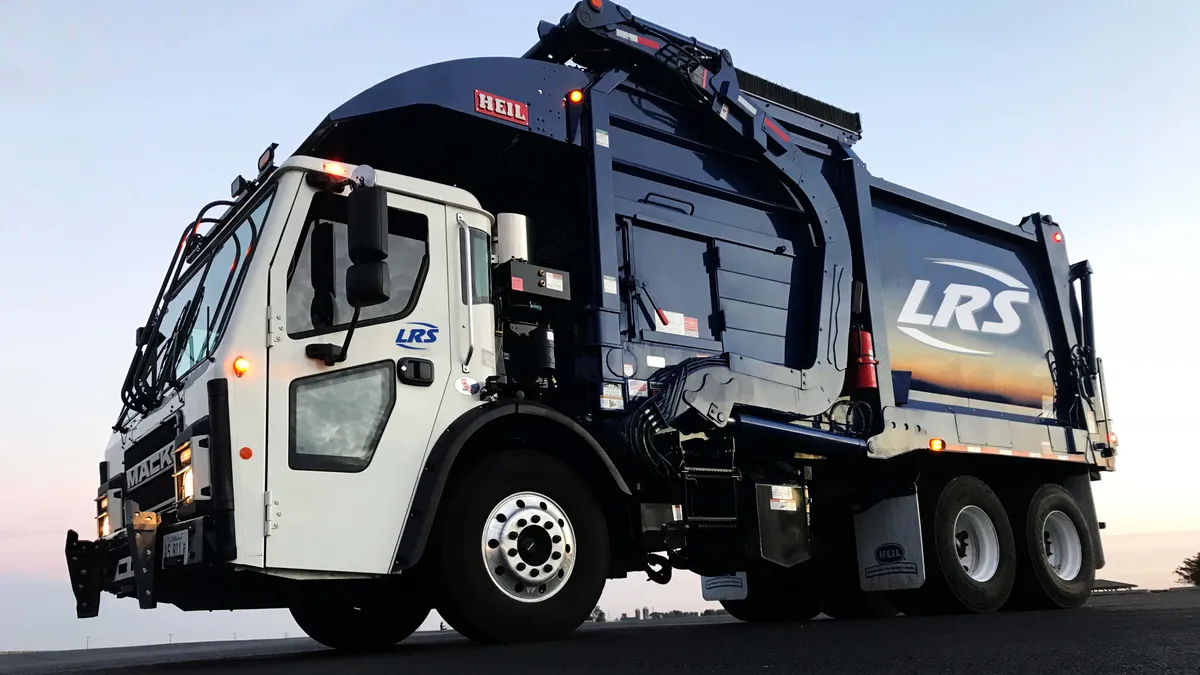M&A has long been a constant in the solid waste industry and 2025 is expected to be no different under what some anticipate could be a more favorable federal regulatory environment.
The second Trump administration is still fresh, but analysts and M&A advisors generally expect to see a potentially quicker deal review process. They also expect ongoing acquisition opportunities in the related environmental services sector. Finally, many are watching evolving trends with private equity investments and what all of this means for the range of exit options when it comes time for a sale.
Federal landscape
In addition to any potential economic changes that may come from President Donald Trump’s policies, sources are also watching to see how his second administration will approach antitrust enforcement.
The U.S. Department of Justice and Federal Trade Commission are generally expected to take a more narrow view of competition than the Biden administration, which could potentially lead to greater flexibility and speed in the deal approval process.
“I don't think there was anything that was on the bubble that wasn't ever going to get done under Biden that all of a sudden now might be available under Trump, but there's definitely more room to maneuver,” said Brian Butler, an analyst at Stifel.
This doesn’t necessarily mean the industry is primed for megamergers, as has been the case in other sectors. For example, the protracted WM-Advanced Disposal Services approval and divestiture process occurred during Trump’s first term.
But this could potentially lead to the approval of different types of transactions that might not have been possible under Biden.
“There's hope that there will be a less stringent regulatory environment to allow for transactions and strategies ... that I think that have a ton of merit to go through,” said Effram Kaplan, a managing director and head of Brown Gibbons Lang and Co.’s services and infrastructure verticals.
For example, a large company could hypothetically now buy certain smaller players in markets that previously would have been considered a competitive issue.
Butler agreed, noting that this could also possibly mean some of the industry’s largest companies could direct their planned M&A spending to a more limited amount of medium-sized deals versus a larger amount of small tuck-ins. He also said there’s plenty of runway for certain large companies to continue doing regional transactions and noted GFL Environmental’s plans to ramp up M&A spending again soon.
Environmental services
This catch-all category for deals in the specialty and hazardous waste space continues to be a buzzy area for investors, as seen through numerous recent deals. It’s also offered an opportunity for major solid waste companies to grow without running into direct competition concerns, as seen with Republic Services purchasing US Ecology and WM buying Stericycle.
GFL’s recent announcement that it would sell a majority stake of its environmental services business to Apollo and BC Partners is another notable example of interest in the space.
“The opportunity to buy scale and leverage scale is somewhat of a rare commodity, and so an opportunity like you just saw that Apollo and BC are taking advantage of is something that does not come around often,” said Kaplan, who advised on the transaction.
Kaplan said this is part of a broader trend toward stronger valuations in the space.
“Private capital's cost of capital is coming down relative to where it used to be,” said Kaplan. “So valuations are going up in the private markets, especially for these assets, because not only is there just a large amount of capital available, but the attractiveness of the asset is finally catching on.”
Berkshire Partners’ recent purchase of an unspecified stake in Triumvirate Environmental is another recent example.
While experts still see more opportunity to consolidate the sector, some note that it may be more finite than the traditional solid waste industry model.
Environmental services is “unlike the solid waste market, where you have many cases of entrepreneurs who start a business, build a business, sell the business, wait out their noncompete and do it all over again,” said Jordan Mendel, a director at Houlihan Lokey and senior officer in the firm’s environmental services group. “It's harder to do that on the specialty waste side, when you're talking about requiring specialized permitted assets that are not as renewable an asset as solid waste routes.”
Private capital’s evolution
Macro-level private equity activity has been relatively quiet to start the year, but sources still expect plenty of interest from these firms as well as infrastructure funds to continue in the years ahead.
While private equity-backed platforms have been able to take advantage of certain deals that weren’t always an option for major companies, and in some cases aim to outcompete on service, Kaplan said he thinks the reality is more complex.
“Larger players still provide excellent service and can provide better economic value propositions and service propositions for municipalities or any other type of customers,” he said.
Another factor that has driven growth for these buyers is that they may offer a broader range of involvement options for potential sellers than major companies, referred to as strategics in investment circles.
“If you're looking to sell the business and there's synergies, strategics are oftentimes the most logical strategy because they can pay the most,” said Kaplan. “But if you still have a runway in your business, and you want to monetize that in the future and not take such a heavy cost of capital into the business, you don't necessarily have to sell it.”
Pursuing a different type of investment structure may mean an owner gets to stay involved and play a key role in strategy, versus integrating into a bigger company.
All of these factors have led to a higher level of private equity and infrastructure fund investment in the overall waste sector during the past decade. Now, that trend is also starting to mature as certain players double down on their original investments rather than exiting in search of new ones.
A lot of companies were bought in a zero interest rate environment and marked at levels that may not be achievable in a private sale, said Mendel. Instead, some buyers have looked to acquire minority stakes or make continuation investments. Recent examples — which Houlihan Lokey was involved with — include investments in Interstate Waste Services, Meridian Waste and Reworld.
Scott Sergeant, a managing director at Houlihan Lokey and head of its environmental services group, said another factor is that investors already feel comfortable with assets they know. Their view, he said, is that “we love the sector, waste and adjacent markets, but there aren't that many opportunities to invest in … We'd rather just keep owning this business, because these are hard businesses to find.”
Looking ahead
While the year is off to an unpredictable start for economic and federal trends, sources remain confident that the industry still has ample potential for deals. Though as consolidation continues it also presents new questions about what types of deals will be possible.
Mendel noted that the environmental services segment has seen meaningful consolidation in recent years and there are now multiple companies under private equity ownership that could hypothetically come to market in the future, based on the average holding period.
Companies could potentially trade hands to another private equity firm or infrastructure fund, but some have also grown to a size that makes that more complicated. When asked whether this might mean initial public offerings are on the horizon for waste companies in general, Mendel didn’t rule it out.
“It's still a really big investment for one group to make. And so the public exit has to be a viable option, because it may be the only option for some of these platforms,” said Mendel.
The broader IPO market has been relatively weak in recent years. No major waste companies have gone public since GFL in 2020. The sector also saw at least five others — Advanced, Heritage-Crystal Clean, Reworld (then Covanta), Stericycle and US Ecology — get acquired by public companies or go private during that time.
“The industry is starved for more public companies,” said Mendel, noting high investor interest.
Butler said he’d also like to see this happen, but doesn’t expect it in the near term.
“Overall, the preference has been more selling between the large infrastructure funds as opposed to coming to the public market,” he said. “I haven't heard any real rumors of anyone imminent coming to market again.”
Regardless of the transaction structure, and the unique case of GFL selling a stake in the environmental services business, Kaplan sees the broader trend heading toward combination.
“I am a believer that solid waste and special waste should be together,” he said. “I actually think there will be more coming together of the essential services, industrial services, environmental services, infrastructure services marketplace, not only this year, but over the next decade. I think that there's huge consolidation opportunities.”







